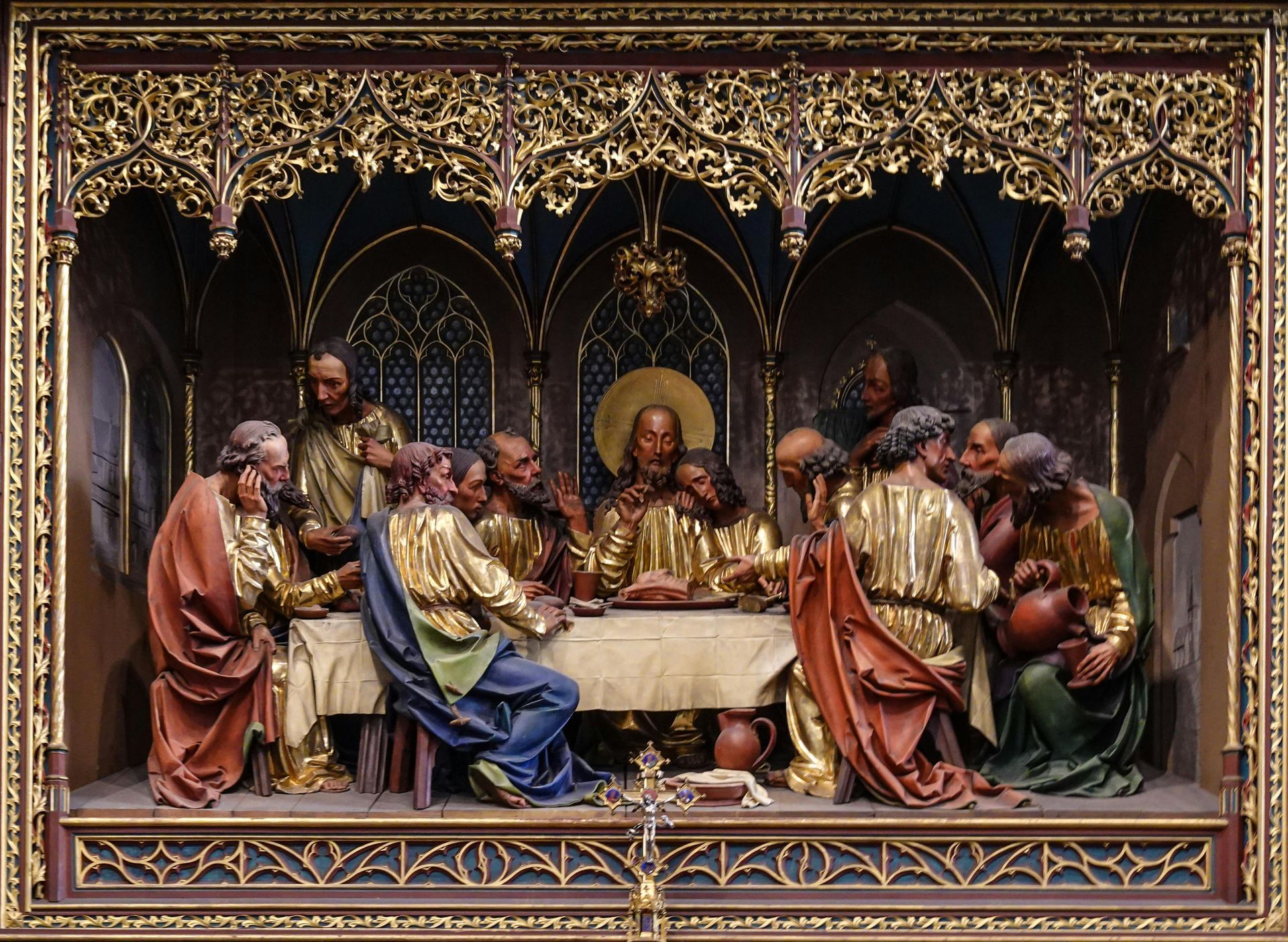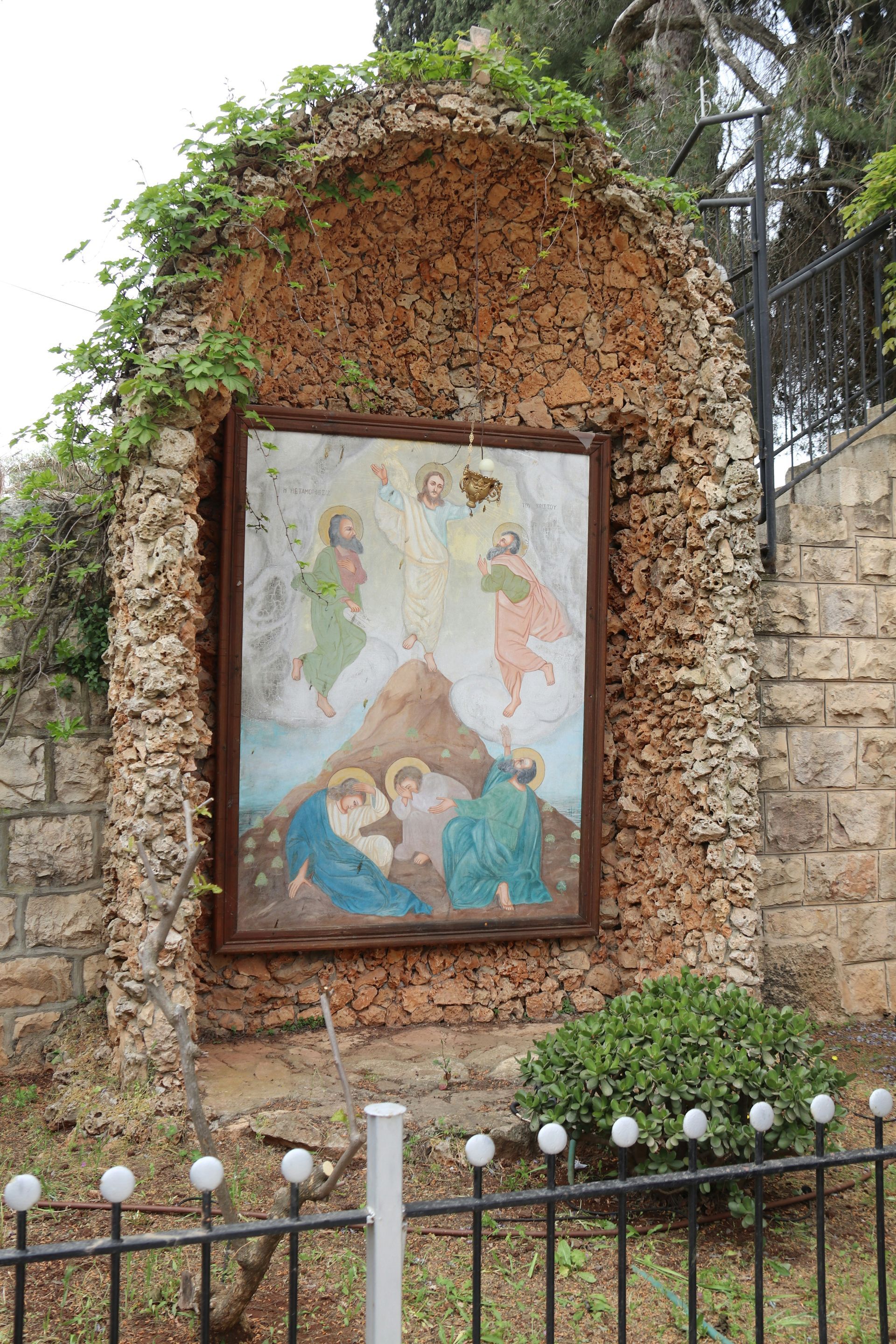A Time of Revelation & Reflection
Epiphany Season in the Methodist Church: A Time of Revelation and Reflection

The Epiphany season in the Methodist Church is a rich and meaningful period in the liturgical calendar that spans from January 6th to the beginning of Lent. It is a time when we reflect on the revelation of Jesus Christ to the world, especially to the Gentiles, symbolized by the visit of the Magi. The word "Epiphany" itself means "manifestation" or "revelation," and during this season, the Church invites believers to deepen their understanding of Christ’s role as the Savior for all people.
The Meaning of Epiphany
The season of Epiphany begins with the celebration of Epiphany Day, traditionally observed on January 6th. This day marks the visit of the Wise Men (or Magi) to the infant Jesus, recognizing His divine kingship and offering gifts of gold, frankincense, and myrrh. These gifts symbolize the various aspects of Christ’s identity: gold representing His kingship, frankincense His divinity, and myrrh foreshadowing His suffering and death.
However, Epiphany is more than just a remembrance of the Magi’s visit. It also highlights the ongoing revelation of God’s love and grace to the world. Throughout the Epiphany season, the Church reflects on various events in the life of Jesus that reveal His identity as the Son of God. This includes His baptism by John the Baptist and His first miracles, which reveal God’s presence in the world and His mission to bring salvation to all.
Epiphany and the Methodist Tradition
In the Methodist Church, the season of Epiphany holds particular significance as it is closely tied to the themes of grace, light, and mission. Methodism, with its roots in the teachings of John Wesley, emphasizes the importance of personal holiness and social holiness—both of which are deeply connected to the revelation of Christ’s love and grace.
- Grace: During Epiphany, we are reminded that the light of Christ has come into the world for all people. John Wesley often spoke of God’s prevenient grace—the grace that comes before we even realize it. Epiphany calls us to recognize this grace and respond to it in our lives, just as the Magi did when they recognized Jesus as the King of the world.
- Light: One of the central themes of Epiphany is the light of Christ shining in the darkness of the world. In Methodist worship during this time, you may hear hymns such as "Arise, Your Light Has Come!" which celebrate Christ as the light that guides us through the darkness. The Church encourages believers to reflect this light in their own lives by living in ways that reflect the love, compassion, and justice of Christ.
- Mission: Epiphany also serves as a reminder that Christ came not just for a specific group of people but for all nations. The inclusion of the Gentiles, symbolized by the Magi, highlights the universal scope of Christ’s mission. For Methodists, this reinforces the call to mission and outreach—to share the gospel and to serve others, especially those who may be marginalized or in need.
Key Themes During Epiphany
Throughout the Epiphany season, the Church focuses on several key themes that help guide the faithful in their reflection:
- The Revelation of Christ: Epiphany is about God making Himself known to humanity through Jesus. The Gospel readings during this season often focus on the moments when Jesus’ true identity is revealed—whether through His baptism, His miracles, or His teachings.
- The Light of Christ: Epiphany emphasizes Christ as the light that illuminates the world, dispelling darkness and revealing truth. This theme is particularly powerful during the cold and dark days of winter, serving as a reminder that Christ’s light shines even in the most challenging of circumstances.
- God’s Mission to the World: The inclusion of the Gentiles in the story of the Magi reminds us that Christ came for all people. The Church celebrates this universal mission by encouraging believers to participate in the work of sharing the love of Christ with everyone, both near and far.
- The Call to Discipleship: As we reflect on Christ’s revelation, we are called to deepen our own relationship with Him. Epiphany is a time for self-reflection, for considering how we might more fully live into our identity as followers of Christ.
Celebrating Epiphany in the Methodist Church
While Epiphany is not as widely celebrated with elaborate traditions as Christmas or Easter, it is a season that offers rich opportunities for worship and spiritual growth. Many Methodist churches will observe the season with special worship services, often incorporating the themes of light and revelation in their music, prayers, and readings.
One of the highlights of Epiphany in some Methodist congregations is the celebration of the Baptism of the Lord, which typically occurs on the Sunday after Epiphany. This marks the moment when Jesus was baptized by John in the River Jordan and is a powerful reminder of our own baptism and the call to live as Christ’s disciples.
Conclusion: Epiphany as a Time of Transformation
The Epiphany season in the Methodist Church offers a special time of reflection and transformation. As we celebrate the revelation of Christ to the world, we are reminded that His light continues to shine in the world today. This is a season to renew our commitment to Christ, to reflect on His grace and mission, and to respond by being agents of His light and love in the world.
Through worship, service, and discipleship, we enter into the Epiphany season with hearts open to the ways God continues to reveal Himself to us, and to the world around us. Just as the Magi were changed by their encounter with the Christ child, we too are invited to be transformed by the ongoing revelation of God's love in our lives.



